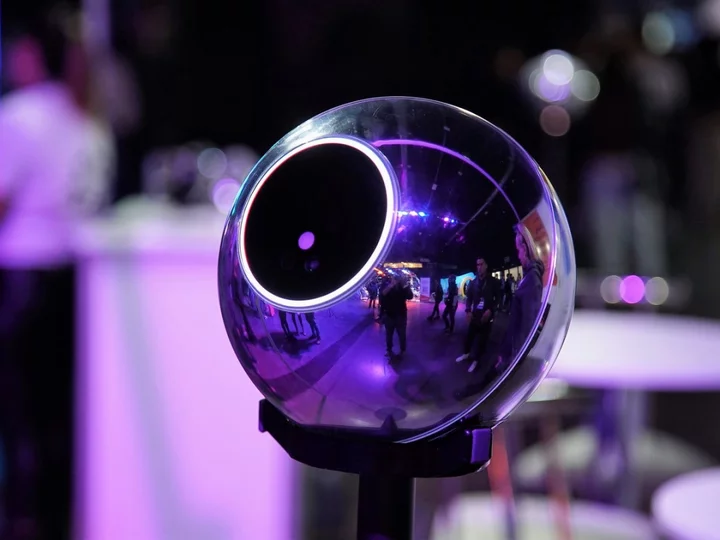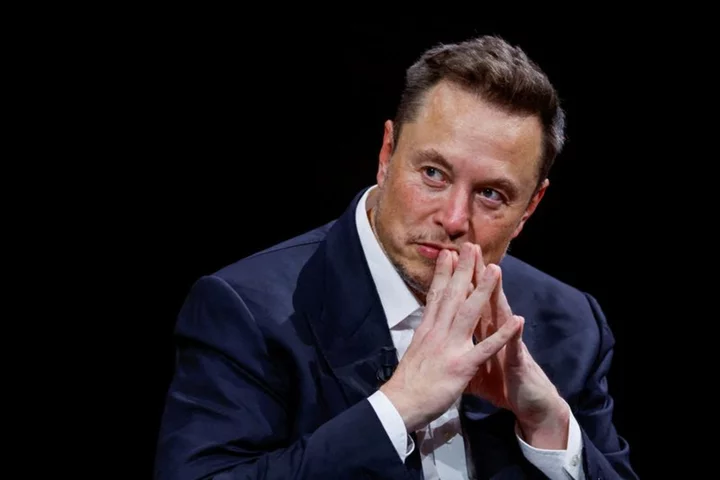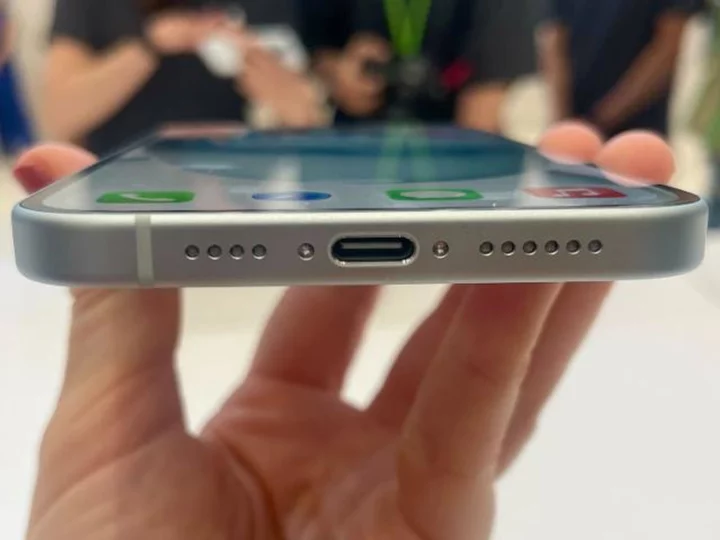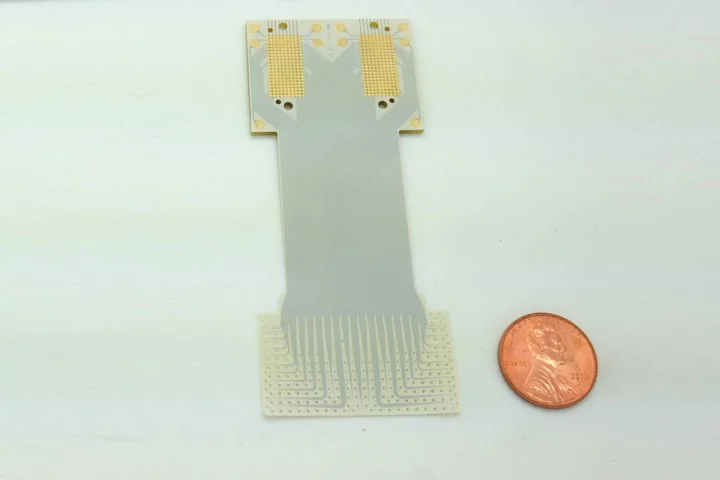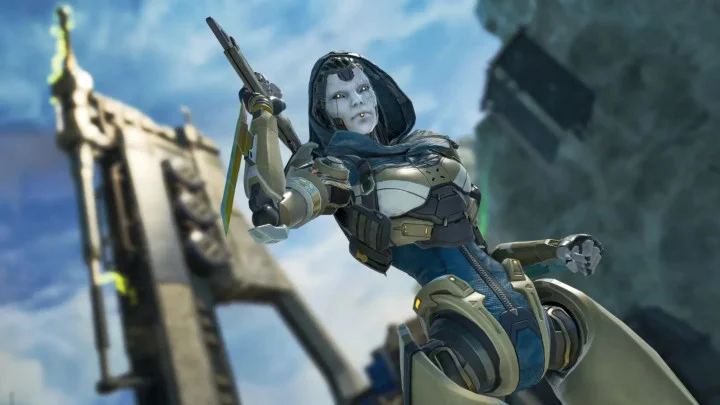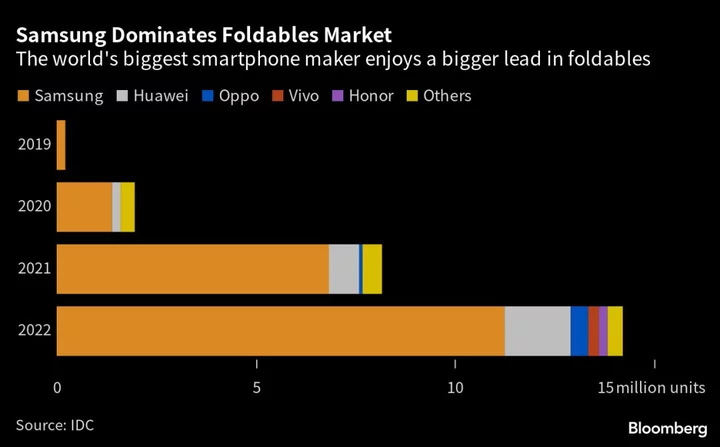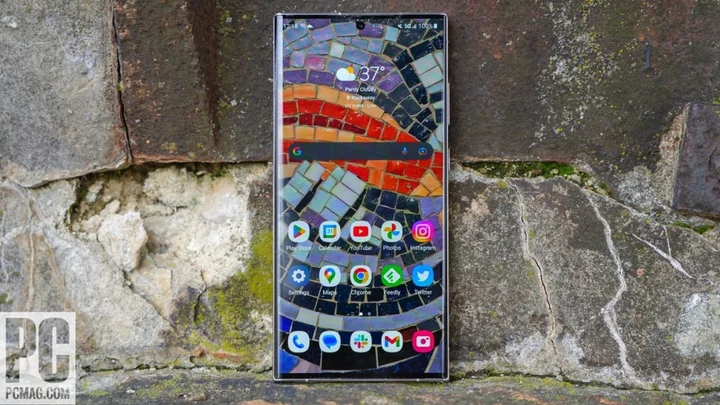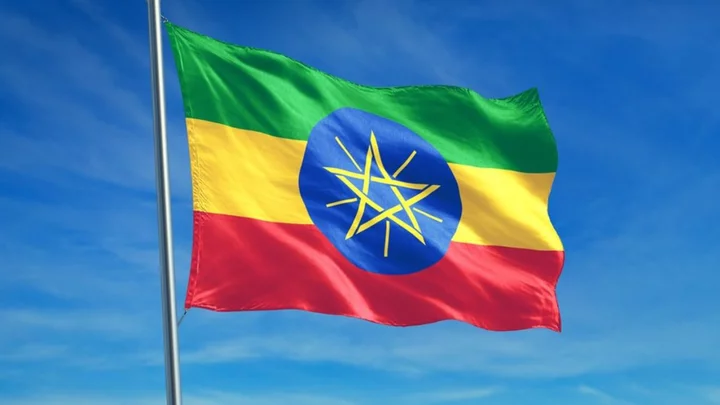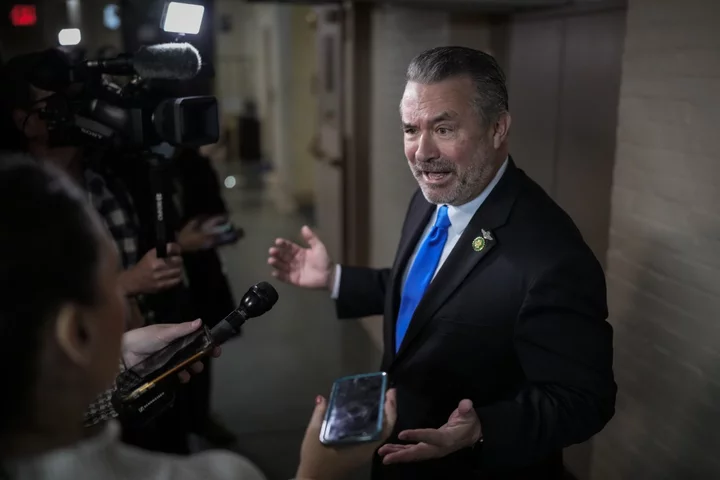OpenAI boss Sam Altman has finally signed up for his own Worldcoin cryptocurrency, four years after founding the controversial venture.
The tech boss, whose AI startup created ChatGPT, recently raised $100 million to finance his crypto side project, which involves scanning millions of people’s eyeballs in order to trade their biometric data for free cryptocurrency. Until this week he had been unable to join the project due to it being unavailable in his native US.
On a trip to Europe on Tuesday, where the technology is not restricted, Mr Altman signed up to the venture through a silver orb that uses iris scanning technology to capture user data. This data is used to verify an individual’s “unique personhood”, which entitles them to a free share of Worldcoin tokens when it officially launches.
More than 1.5 million people have already signed up for the project, according to the company’s own figures, with the launch expected to take place in the coming weeks.
The company describes the cryptocurrency as a “new, collectively owned global currency that will be distributed fairly to as many people as possible”, claiming that everyone in the world is eligible for a free share of it.
The Worldcoin tokens, called WLD, is similar to other cryptocurrencies in that it can be used as a store of value or to make payments, with the project’s website stating that it can be used for “remittances, [to] tip artists, [and] buy and sell goods and services”.
Worldcoin has generated controversy for collecting biometric data from people in developing countries in exchange for free gifts and cash, but the company claims this unique approach to crypto means it can be distributed fairly and inclusively
After scanning a person’s iris with the spherical device, which the company calls the “chrome orb”, a user is given their allotted share of Worldcoin. This means no one is able to get more than their individual free share of the digital currency, though it will still possible to buy and trade it separately, just like any other cryptocurrency.
“Nothing like this has ever been done before and the outcome is uncertain,” Mr Altman wrote in a blog post in 2021, alongside other Worldcoin co-founders.
“But we are obsessed with the idea that revolutionary new technologies like blockchain and cryptography can let us do something collectively that even governments have not been able to: increase individual empowerment and equality of opportunity on a global scale.”
Read MoreWhat is superintelligence? How AI could replace humans as the dominant lifeform on Earth

